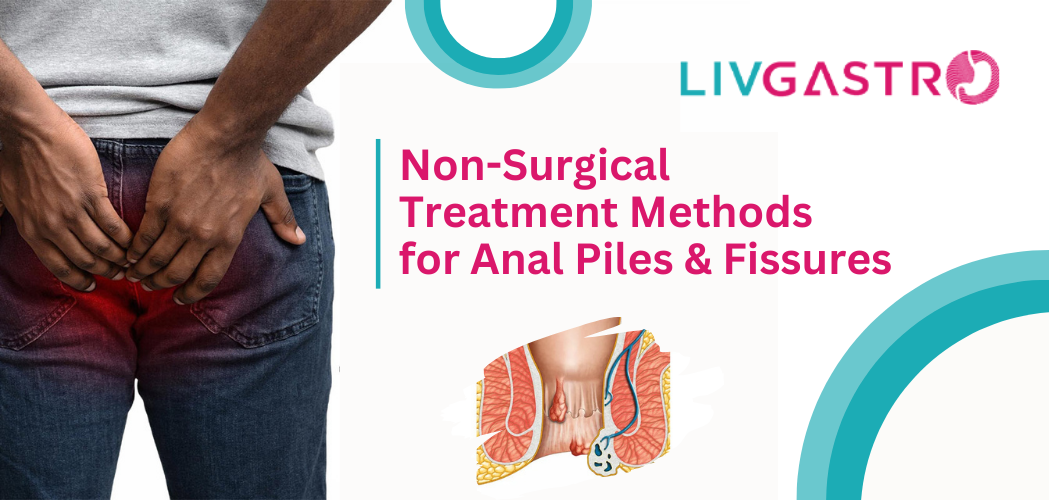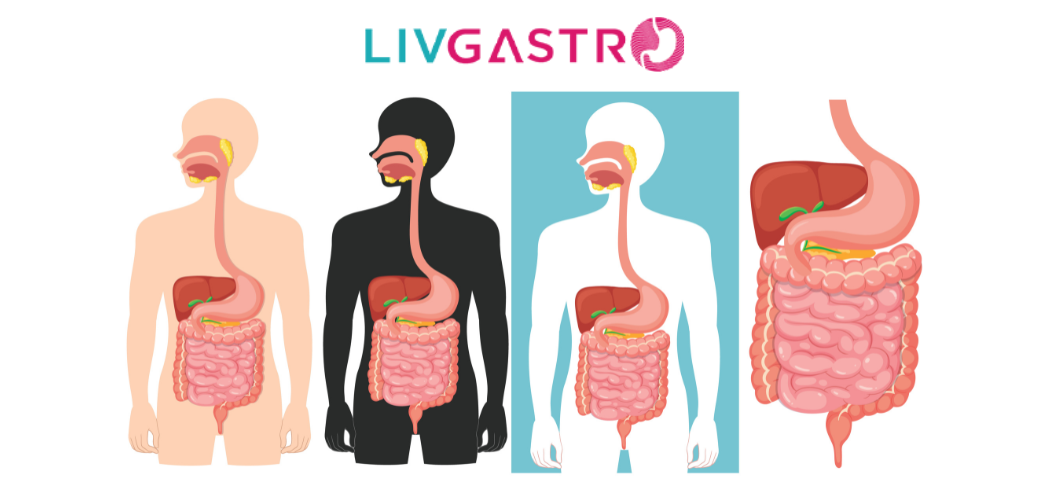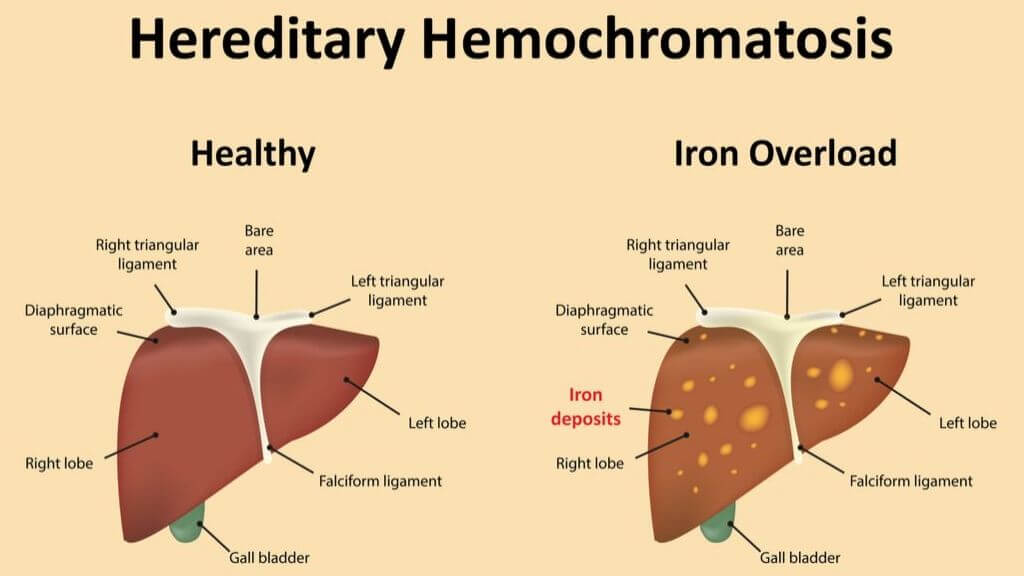

Belching involves expulsion of gas from the esophagus (and stomach) through the mouth (after a meal), resulting in the distinctive resonance known as Burp! Among certain ethnic groups, dinner receptions are not considered gratifying unless the guests belch loudly while leaving the table. Nevertheless, we all belch after consuming a hearty meal, while it provides some comfort and satisfaction as the expelled gas brings relief to the distended stomach somewhat filled by swallowed air.
However, too much or excessive belching can be a cause of concern needing medical attention by a Gastroenterologist such as Dr. V.K. Rai since there are several medical conditions that may cause this wacky malady, calling for prompt diagnosis and treatment, if necessary.
Hiatal Hernia – A hiatal hernia that causes excessive burping occurs if and when the upper part of a person’s stomach pushes up through the diaphragm, reaching the chest region. Normally, the stomach remains below the diaphragm, but in people with hiatal hernia, a part of the stomach pushes up through the diaphragm, while the opening it moves through is called a hiatus, and hence the name.
However, when part of the stomach pushes up through the diaphragm, it remains at the same level as the lungs. But when the pressure drops in the chest cavity due to muscle movement (as a person breathes in) the same effect happens in this part of the stomach pulling air in. On breathing out, the chest pressure changes, the lungs expel the air, but the bizarrely located stomach does not want it to let go, thus making it uncomfortable for the person who feels the urge to belch for relief.
Hiatal hernia may be diagnosed by a Gastroenterologist such as Dr. V.K. Rai, MD in the followings ways…
GERD – Acid reflux or gastroesophageal reflux disease (GERD) can oftentimes cause excessive belching by promoting increased swallowing. Chronic belching may be related to inflammation of the stomach lining (gastritis) or to an infection with Helicobacter pylori, the bacterium responsible for some stomach ulcers. In these cases, the belching is accompanied by other symptoms, such as heartburn or abdominal pain.
Diagnosing GERD involves three basic tests such as (a) Upper Endoscopy, (b) Esophageal pH monitoring; and (c) Manometry, to be conducted by a gastroenterologist such as Dr. V.K. Rai, MD for the following reasons.
Swallowing air – Bad or harmful habits causes excessive belching too. These include over indulgence in drinking carbonated beverages, particularly when drinking with a ‘straw’. Also people who eat and drink quickly or when are on the go. Chain smokers fall in this category in no uncertain way.
Indigestion – Indigestion and heartburn can cause excessive belching, while the latter can stem from acid reflux, whether as a symptom of peptic ulcer, or a sign that last night’s spicy meal did not agree with your stomach lining. When acid moves back up the esophagus from the stomach, as in GERD, people often swallow frequently as a way to relieve some of the discomfort and then have to belch. Continuous swallowing causes more air to enter the system, which in turn causes more belching.
Gastroparesis – A medical condition called gastroparesis can lead to excessive belching. Gastroparesis, sometimes referred to as delayed gastric emptying, is a condition in which food remains in the stomach longer than it should because the stomach’s muscles become weak or are damaged. Weak stomach muscles become unable to push food to the next stage of digestion. Undigested food that remains in the stomach can cause nausea and vomiting and excessive burping too.
Belching is a normal human phenomenon associated with ingestion of food and starts from te very primary stage, i.e. with newborn babies. However, when it gets beyond control or becomes unmanageably excess, one needs medical intervention, especially by a senior Gastroenterologist like Dr. V.K. Rai.

One of the most often occurring anorectal disorders seen in everyday practice by Indian
read more
Gastroenterology specialist in Kolkata are medical marvels are medical specialists train
read more
Hemochromatosis: Symptoms, Diagnosis & Treatment Whether you are suffering from hemochr
read more